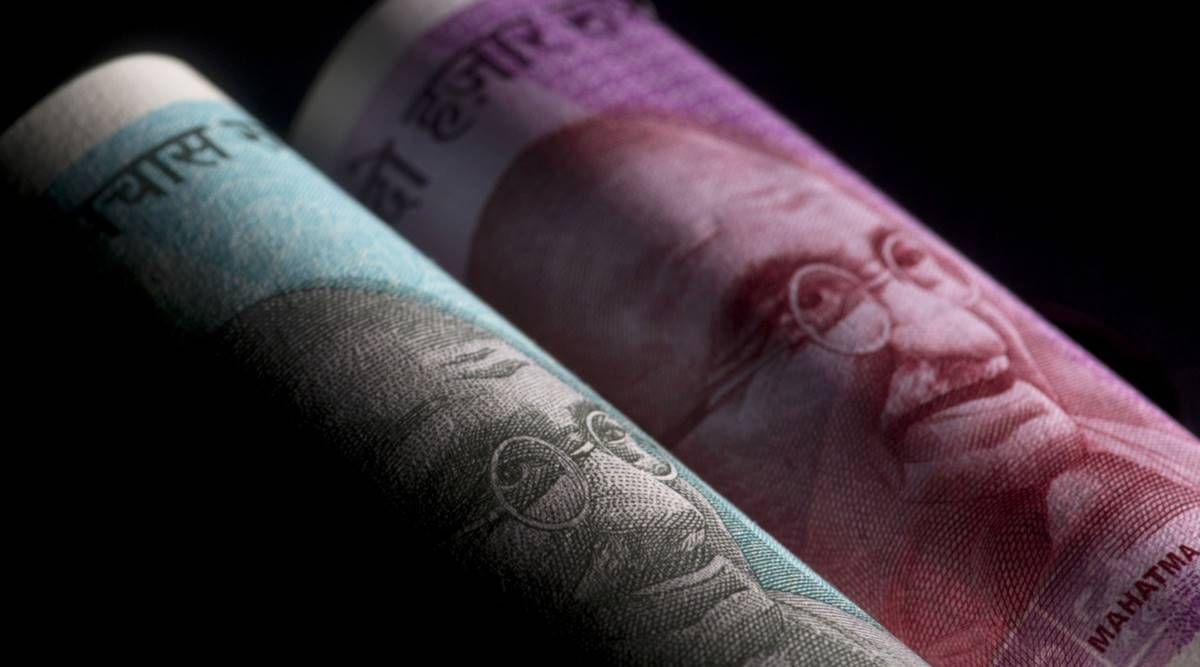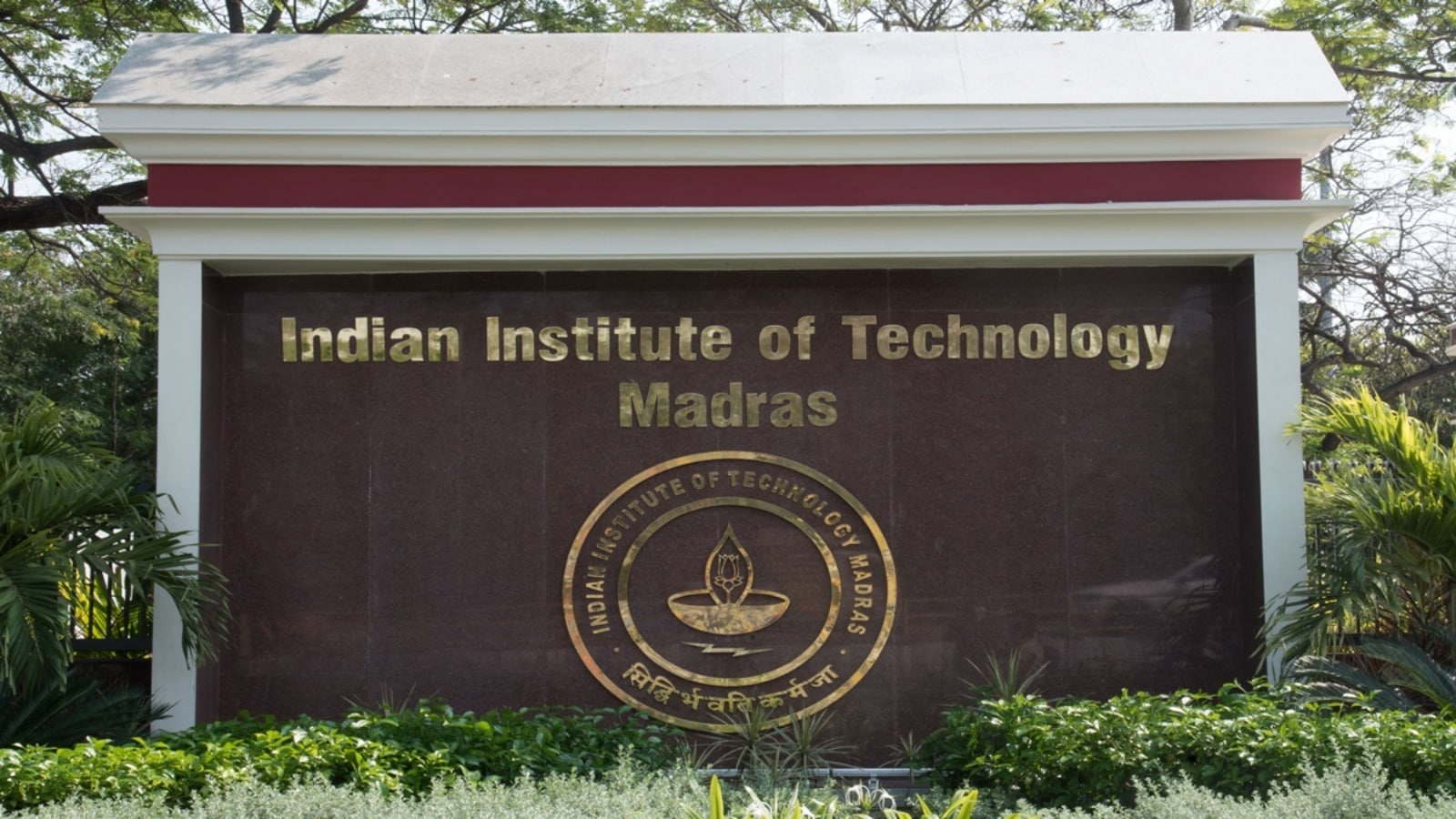Impact of Falling Rupee: With the fall of the rupee, Indian students studying abroad, especially in the US, may have to pick up extra loans and finances to ensure they are comfortable, according to experts. As the rupee’s value is depreciating, the tuition fee for Indian students abroad is on the rise, they added.
“In the post-pandemic era, most prominent economies are grappling with volatile economies, slowdowns or inflation in some form. The brunt of inflation is adding to the already rising cost of education abroad. The rupee’s depreciation is a bigger concern for students going to the US due to a plummeting rupee against the US dollar leading to a higher overall cost of education. Rupee’s rate against Euro and the GBP has stabilised owing to their depreciation which makes European countries a cheaper option for foreign education,” said Prashant A Bhonsle, founder of Kuhoo Fintech.
Experts believe students who are already abroad are going to face more issues than those who plan to fly out now. “So, if you are an incoming student, you have not yet shifted abroad and still have time to arrange more finances or take some other step. However, the people who are in their second or third year of a degree are already living abroad and are now stuck with limited funds due to the fall of the rupee,” said Ankit Mehra, SEO and founder of GyanDhan.
“So, there has been an increase in the number of students who are in their second or higher years of degree and have asked for additional funds. One student mailed us asking for additional funds, so we sent a mailer to all our clients and over 150 students reached back to us asking if we can help them by giving additional funds,” added Mehra.
However, some believe that paying all of their tuition fees in one go can safeguard students from such financial setbacks in the present and future.
“Students can draw loans in India in INR (Indian rupee) and pay the entire tuition fee off in a single go to avoid any forex fluctuations later. So, we don’t believe forex fluctuations are playing a major role currently in student decision-making. Moreover, we are able to assist students to open bank accounts in destination countries that store foreign currency before students arrive, making those funds unfettered in case there is a global currency flux,” explained Akshay Chaturvedi, founder and CEO of Leverage Edu.
When it comes to future aspirants, financial experts said students and parents can rely heavily on forecasts and planning.
“This is not the first time such a situation has happened; it may be one of the biggest hits but definitely not the first. So, I would advise parents to keep these things in mind when making study abroad plans for their children,” said GyanDhan’s Mehra, adding that parents should ensure they mind the gap between actual tuition fees and a probable increase.
“Depreciation of rupee is not a first time thing, so I would advise parents that they always keep a margin and make sure that they plan the finances by keeping in mind that such a situation can happen. This way, they will be able to arrange funds faster and in an easier way.”
Bhonsle agreed with Mehra. “One of the critical things to understand is that all reputed colleges and institutions run various scholarships and financial grants programmes to help attract talented students (with financial limitations) to access the right education. Hence, if required one can take counsellor guidance in doing thorough research for different financial aids that are available,” he said.
“In cases of master’s programmes, most colleges allow and facilitate enrolment in internships, research projects, teaching assistantships etc which is a veritable way to earn some money in foreign currency which is the best way to hedge oneself from currency fluctuations. Parents should help students find the right balance of funding their child’s education through savings, loans and scholarships or grants etc.”
!function(f,b,e,v,n,t,s)
{if(f.fbq)return;n=f.fbq=function(){n.callMethod?
n.callMethod.apply(n,arguments):n.queue.push(arguments)};
if(!f._fbq)f._fbq=n;n.push=n;n.loaded=!0;n.version=’2.0′;
n.queue=[];t=b.createElement(e);t.async=!0;
t.src=v;s=b.getElementsByTagName(e)[0];
s.parentNode.insertBefore(t,s)}(window, document,’script’,
‘https://connect.facebook.net/en_US/fbevents.js’);
fbq(‘init’, ‘444470064056909’);
fbq(‘track’, ‘PageView’);







